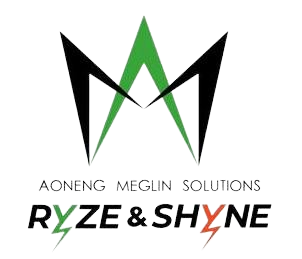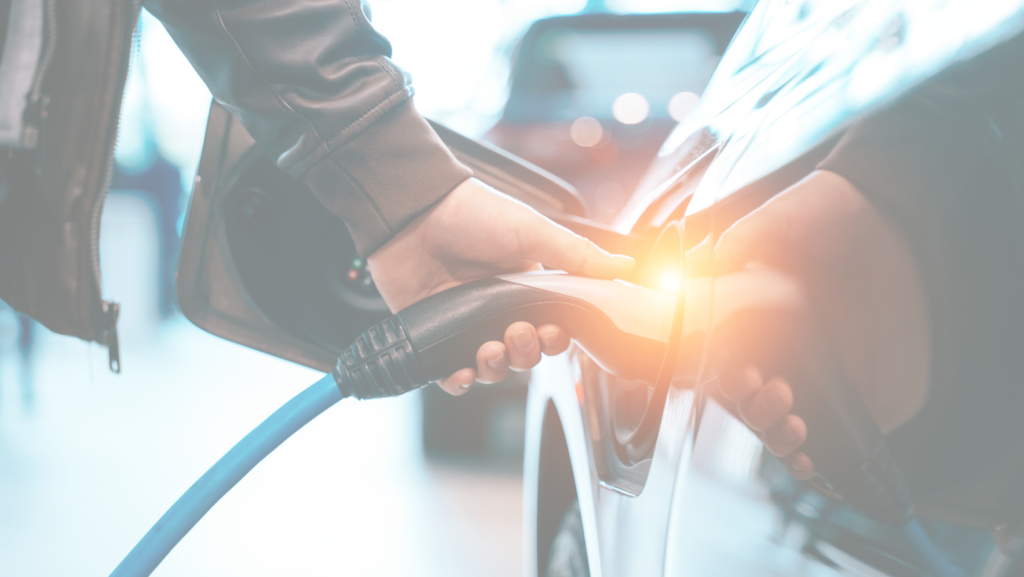Electric Vehicles have a significant advantage over Internal Combustion Vehicles when it comes to reducing air pollution in India. As per IQ Air’s Top 15 list of most polluted cities in the world, India has 13 cities on the list. A major reason, apart from crop burning and local coal fires in cities, is vehicular emissions. Internal combustion vehicles (ICE) emit major toxic tailpipe pollutants such as Nitrogen Dioxide, Carbon Monoxide and other cancer causing chemicals including benzene (C6H6) and polycyclic aromatic hydrocarbons (PAH).
The switch to an electric vehicle from an ICE will not just eliminate the above-mentioned gaseous emissions that degrade air quality but also reduce other particle pollutants that are emitted due to traditional disk braking systems. Many Electric vehicles use “regenerative braking” as it restores braking energy back to the car’s battery to power the car. This process reduces the need to use the brakes and therefore reduces particle emissions.
However, to truly make the EV infrastructure a greener alternative to ICE, it is essential that there is a backward integration that allows us to cater to the power demand through clean sources such as solar, hydro and wind. If a nation like India keeps relying on traditional coal burning power stations, then we may end generating more carbon emissions than before.
The second concern is the electric battery. Though, as per Deustche bank, there are enough worldwide reserves of Lithium to cater to three-times the current EV demand for the next 185 years, we still need to pay attention to other rare earth elements (REE) like nickel, cobalt or graphite that only exist beneath the surface of the Earth and therefore depend on mining activities with very polluting processes.
Finally, are these batteries, at the end of their life cycle, going to dump yards that recycle them in an eco-friendly and ethical manner? Is India doing enough to regulate this space and make sure that after the complete life cycle of lithium-ion batteries we are not just incinerating them or throwing them in landfills? As per JMK research, Recycling Lithium-ion batteries is itself a $1000 million opportunity which will represent a 800 MW battery market size by 2030. There are many challenges associated with this industry; high costs, high complexity, non-viable logistics in the B2C segment, safety concerns related to storage and transportation of batteries etc.
India needs clear and firm policies that regulate the Battery recycling space and enable transition to clean sources of energy overall. But this is only possible with a collective effort from all stakeholders.


